Australia To Double Number of Live Cattle Exported
The News
In defiance of growing public demand to end live exports due to animal cruelty, Australia plans to significantly expand the trade by shipping an estimated one million cattle to China each year. If the $1 billion deal is signed, the number of cattle exported to countries in Asia and the Middle East would double from its current levels.
Andrew Wilkie, one of the few members of the Australian Parliament who publicly opposes live exports, described the new deal with China as a “dreadful development” and that the federal government is “a pack of sadists when it comes to animal welfare.”
The agreement with China comes just two weeks after Australian media aired footage of Australian cows and sheep being tortured in several countries where the group Animals Australia stationed undercover investigators. While the damning footage once again angered the Australian public, it did not have the effect of curbing the booming live export industry.
Live export supporters, including the Australian government, insist that the incidents documented in undercover videos are the exception. Opponents, on the other hand, say that abuses are routine and that Australia’s regulations fail to protect the animals in countries that have few, if any, animal protection laws. They also argue that the millions of sheep and cattle exported annually from Australia cannot be tracked to their final destinations within the countries to which they are shipped.
Of all of the countries where Australia ships live animals, only one of them has citizens who are attempting to stop it — Israel. Over the past couple of years, Israeli activists have taken undercover footage which has aired on national television, and they have used street theater to educate the public about the cruelty both on the transport ships and within the country after the animals are unloaded.
Your Turn
Send an instant message to the Australian Embassy in Washington, D.C.
Visit Animals Australia to take action.
Tourist dollars are vital to Australia’s economy. Until live exports are terminated, boycott Australia.
Filed under: Food
Tagged with: Animals Australia, Australia, China, Israel, live exports, Middle East



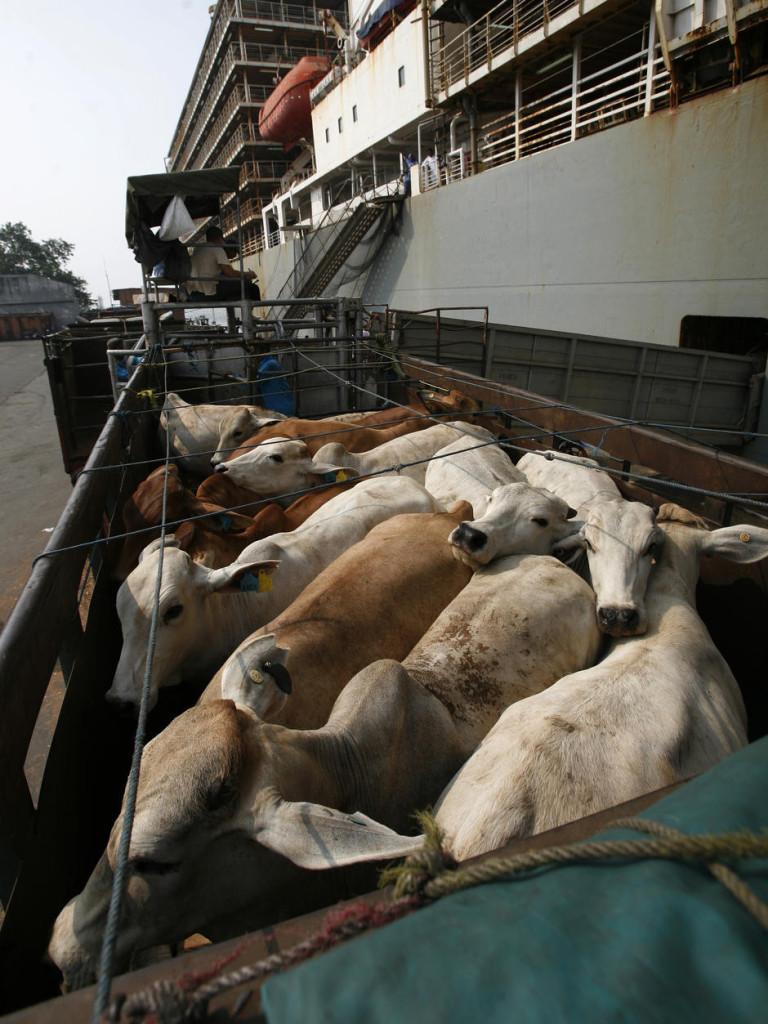
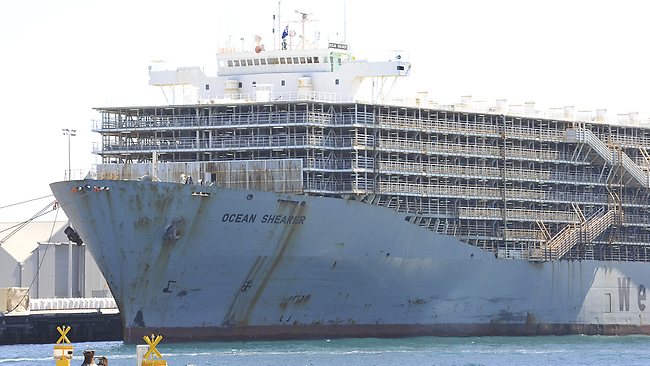
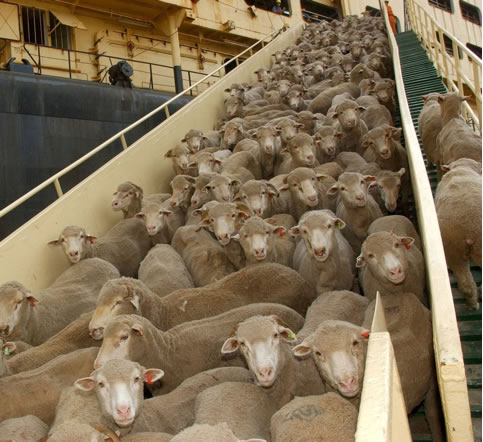
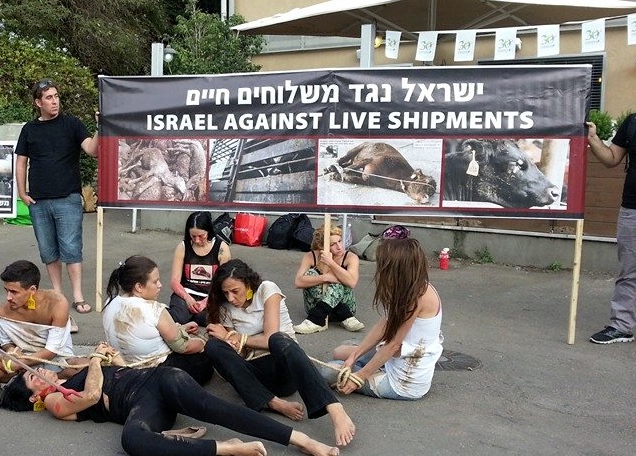

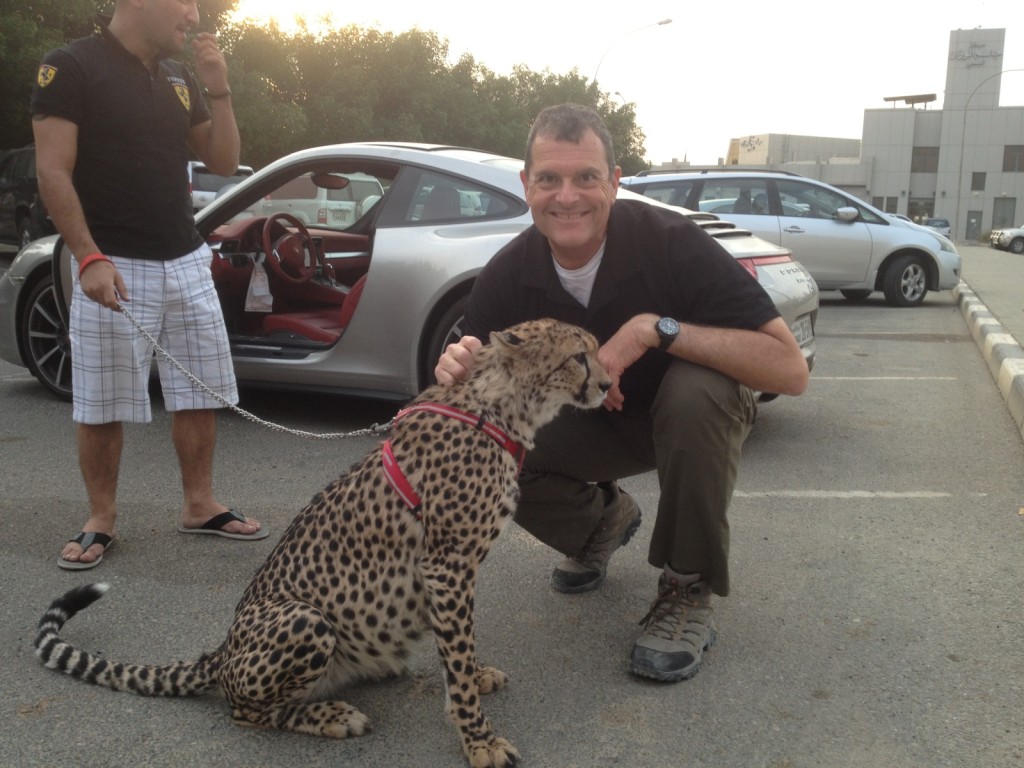

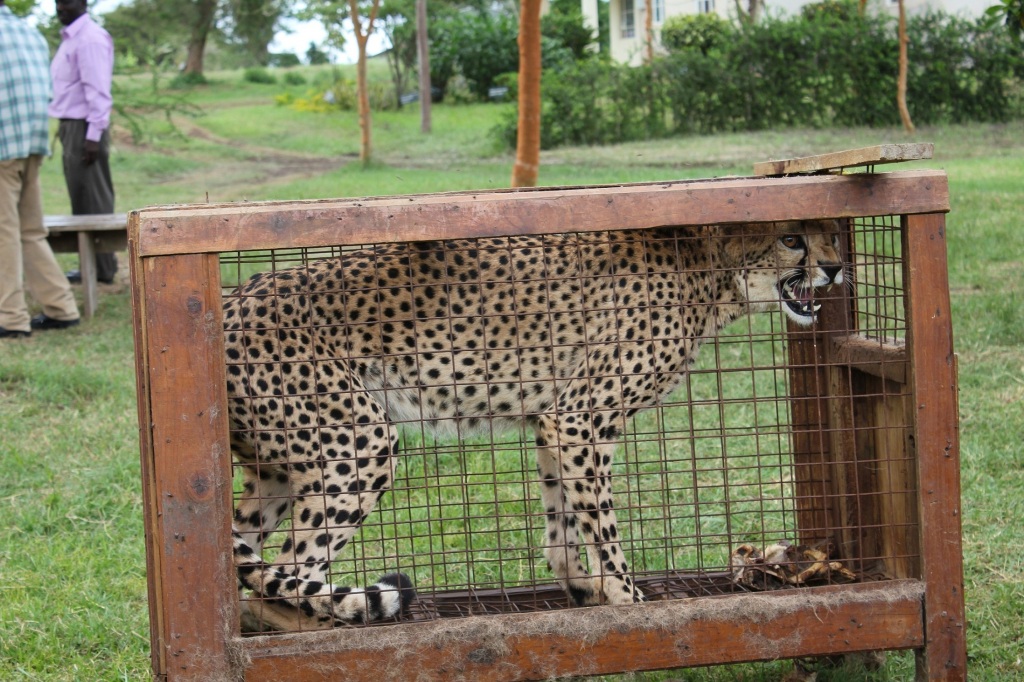
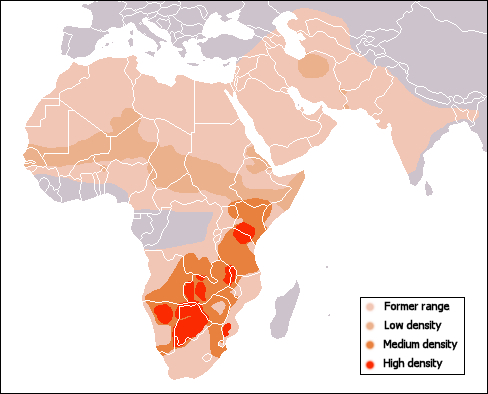
Follow Their Turn